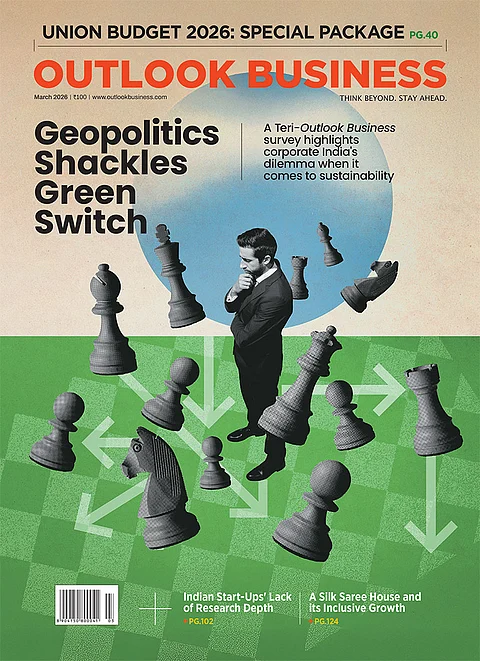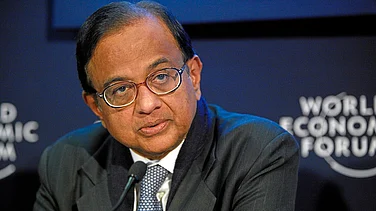A U.S. Treasury official reportedly cautioned Indian Banks about repercussions if they engaged with Russia's military-industrial sector. As per a report by Reuters, Deputy Treasury Secretary Wally Adeyemo indicated that financial institutions involved with Russia's military might risk losing access to the U.S. financial system.
"We know that the Russian military relies on importing sensitive goods, like machine tools and microelectronics, and it looks to foreign financial institutions to facilitate these transactions," Adeyemo said in a letter to the Indian Banks' Association.
The letter does not single out any particular issues with Indian banks. However, it is worth pointing out that India has maintained its stance against distancing itself from Russia. Earlier this month, both leaders met at the Moscow Kremlin.
This letter comes after an executive order was issued by U.S. President Joe Biden in December, which permits sanctions against foreign financial institutions doing business with Russia's military-industrial sector.
Adeyemo also mentioned that the Treasury has recently broadened its definition of entities considered part of Russia's military-industrial complex.
He also noted that the U.S. is keen to deepen its economic ties with India. This comes at a time when the trade between the two nations has surged by over 110 per cent in the past decade.
However, Adeyemo stressed that the U.S. alongside the global coalition, is committed to ending Russia's "unprovoked war" by cutting off the latter's "financial and material means to fight." This is quite evident, keeping in view the sanctions and export controls imposed on Russia since the invasion of Ukraine.
The official has asked the banking group to give a reply within 30 days, outlining measures they could take with the Treasury to inform Indian companies and financial institutions about the new order and its potential impact
"Any foreign financial institution that does business with Russia's military industrial br risks being sanctioned itself, and it could lose access to the U.S. financial system, and likely other financial systems," he said.
































